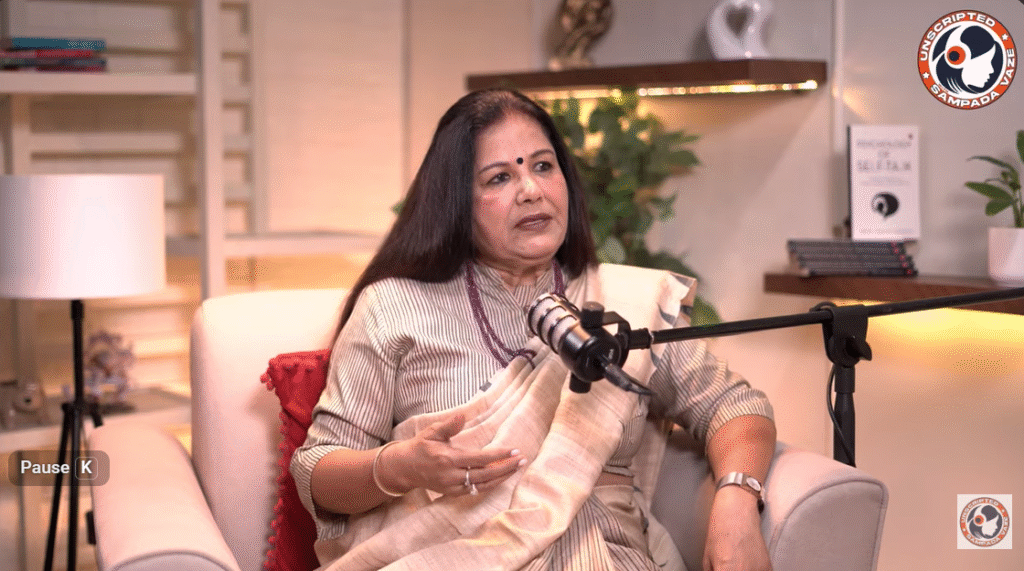No, Hypnotherapy Won’t Control Your Mind, But It Might Change Your Life
Everything You’ve Wanted to Know (But Were Afraid to Ask) We’ve all seen it in movies: a mysterious hypnotist swinging a pocket watch, snapping their fingers, and suddenly someone starts barking like a dog or confessing their deepest secrets. Entertaining? Sure. Accurate? Not even close. The truth is, hypnotherapy is one of the most powerful, misunderstood tools in mental wellness one that has helped thousands of people manage anxiety, release trauma, stop harmful habits, and create profound change from within. But let’s start at the beginning. What Is Hypnotherapy? Hypnotherapy is a therapeutic technique that helps you enter a state of deep relaxation and focused attention also called a trance state. In this state, your brain becomes more receptive, not to control, but to positive, goal-aligned suggestions. This opens the door to explore and reshape patterns in the subconscious mind the part of you responsible for habits, memories, beliefs, emotions, and automatic responses. Think of your subconscious like a storage unit that’s been collecting material since you were a child. It holds onto things good and bad even if they no longer serve you. Hypnotherapy allows you to go into that storage space, examine what’s there, and gently clear out what’s holding you back. What Hypnotherapy Can Help With While it’s not a one-size-fits-all miracle, hypnotherapy has been proven effective in areas such as: What makes it unique is that instead of only talking about your problems, it helps you connect with the root of them, often buried deep below the surface of your conscious awareness. What Hypnotherapy Is Not Despite the growing acceptance of hypnotherapy, many still carry outdated or exaggerated beliefs. Let’s clear those up: 1. It’s not mind control. You cannot be made to say or do anything against your will. You’re not under someone else’s power you’re just more open and internally focused. 2. You’re not unconscious or asleep. You’re awake, aware, and can recall the session. Some describe it as similar to guided meditation or that dreamy state right before falling asleep. 3. It’s not mystical or woo-woo. While the experience can feel powerful or emotional, hypnotherapy is backed by science and used in hospitals, clinics, and trauma recovery programs globally. 4. It’s not a quick fix. One session might give you deep insight, but like any therapeutic process, change takes time, consistency, and a willingness to explore. The Science Behind It During hypnotherapy, your brain transitions into a theta wave state a deeply relaxed but alert frequency often associated with dreaming, intuition, and memory access. In this state, the critical faculty (your brain’s internal gatekeeper) softens, allowing positive suggestions and reframing techniques to reach the subconscious more easily. Studies have shown that hypnotherapy can reduce symptoms of anxiety, improve pain tolerance, and even enhance immune system responses. Some medical professionals use it for surgical preparation, IBS treatment, and pain management during childbirth. What a Session Feels Like A professional hypnotherapy session doesn’t involve swinging watches or velvet capes. Instead, it typically looks like this: Consultation – You talk with the therapist about your issue, history, and goals. Induction – You’re guided into a calm, focused state through breathwork or visualization. Therapeutic Work – This might include regression (going back to memories), inner child work, ego strengthening, or suggestion therapy. Awakening – You’re gently brought back to full awareness, often with a feeling of clarity and emotional release. Integration – You discuss the session and may receive tools (like journaling prompts or audio recordings) to deepen the work. A Safe, Supportive Space Matters Like any healing journey, who you work with matters. A good hypnotherapist isn’t there to “fix” you, but to guide you safely through your own internal landscape. Look for professionals who are: Certified and trained in clinical hypnotherapy Trauma-informed Ethical and non-judgmental Focused on consent, comfort, and collaboration One such space is MindSpa, where hypnotherapy is offered not as a quick solution, but as a compassionate process for people who are ready to truly meet themselves. Here, it’s less about rewiring you and more about reconnecting you with what’s already whole. Is Hypnotherapy Right for You? You don’t need to be “broken” to seek hypnotherapy. You just need to be curious, open, and willing to explore. You might benefit from it if:

